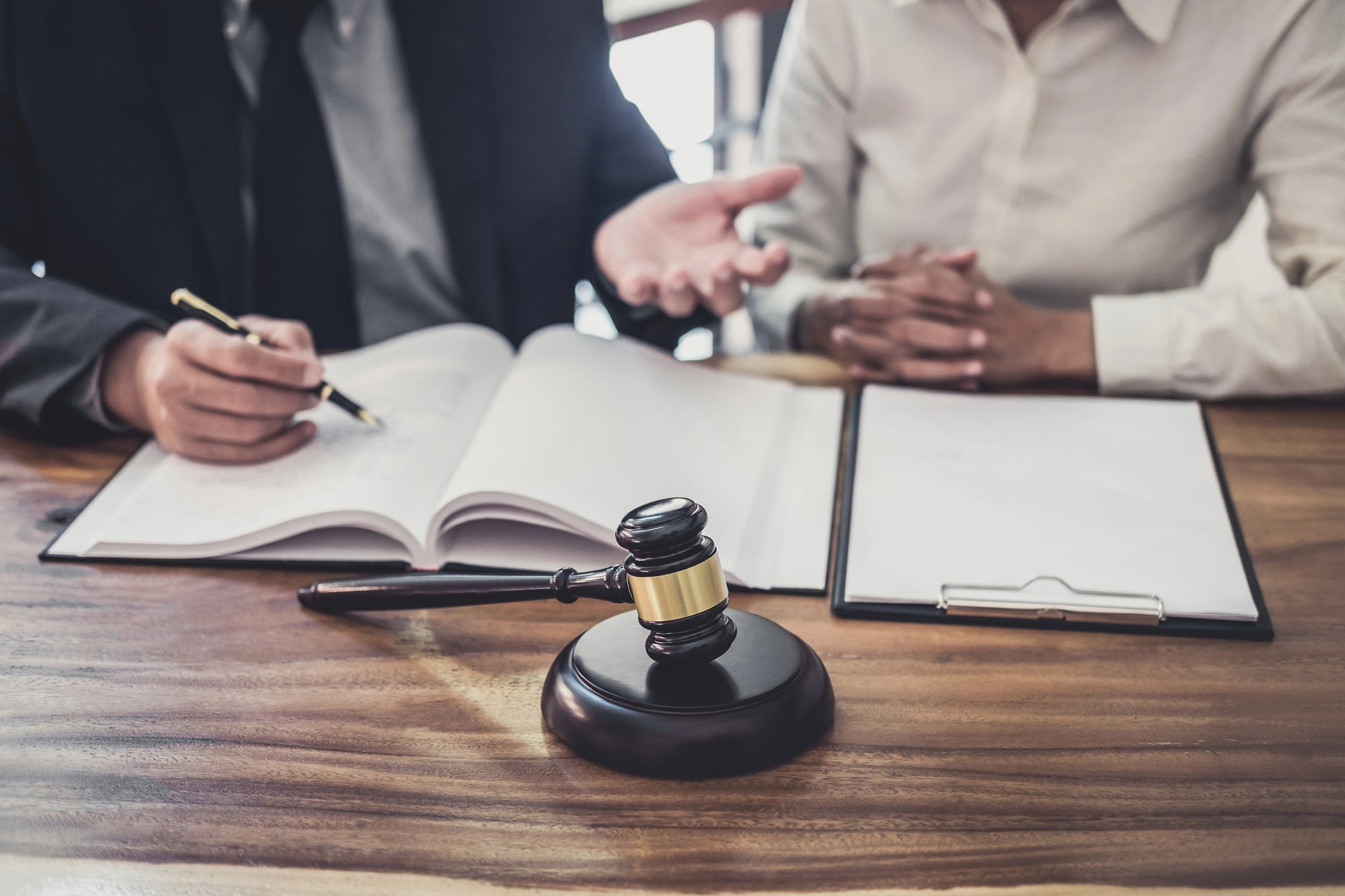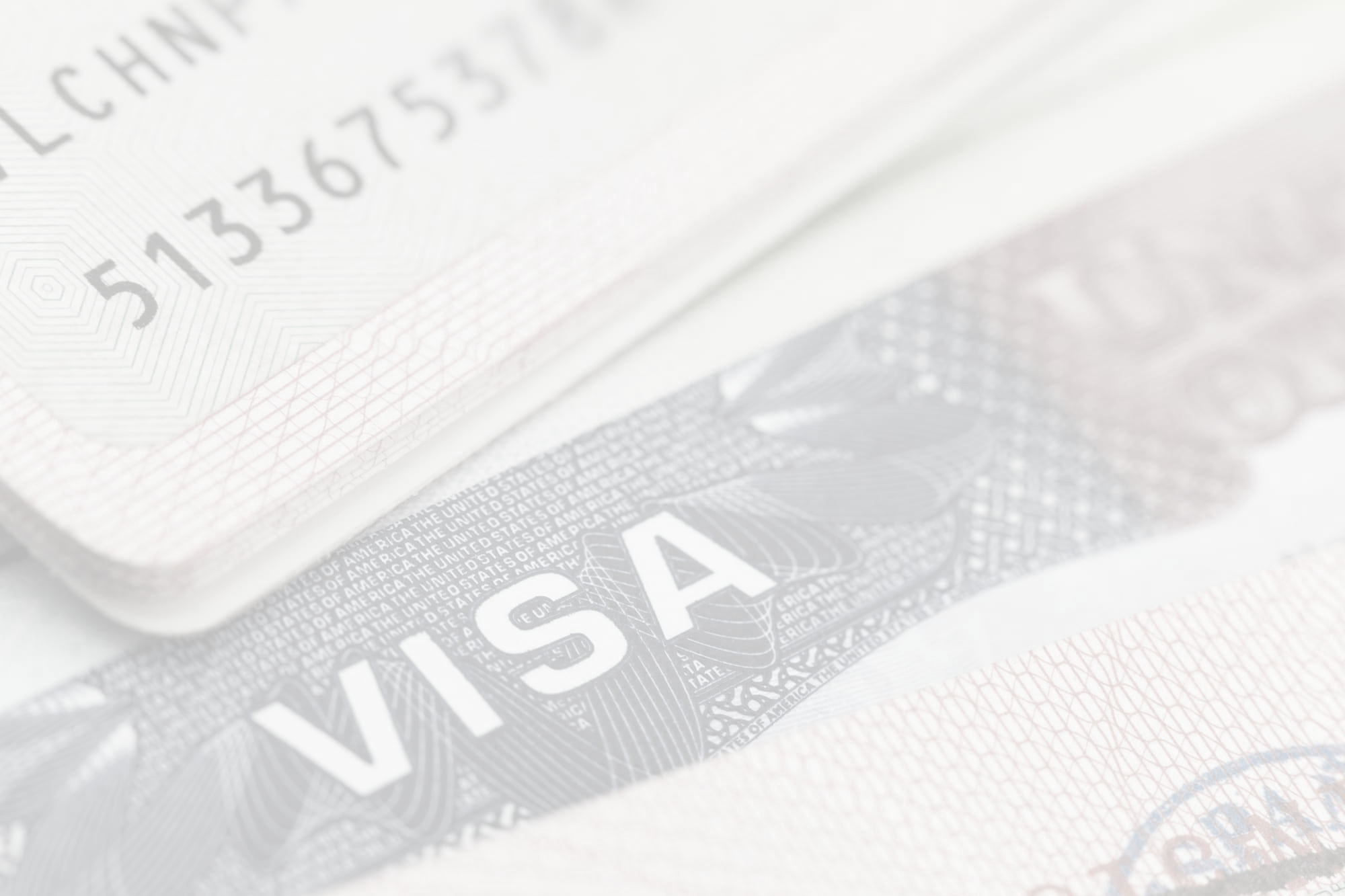The Board of Immigration Appeals (BIA) in an immigration case, Matter of Islam, 25 I&N Dec. 637 (BIA 2011) dealing with the issue of when do criminal acts arise out of a single scheme of criminal misconduct for purposes of whether someone should be removed (deported) for committing two crimes involving moral turpitude (CIMT).
The Immigration Laws require the removal of a non-citizen who has committed two or more CIMT’s. However, there is an exception if the crimes involving moral turpitude arise out of a single scheme of criminal misconduct. Unfortunately the anti-immigrant decision below, the court conservatively defined when a crime arises out of a single scheme. In this case, when the person in a single day of activity engaged in continuing acts, the BIA held them as separate (full decision below):
“(1) In determining whether an alien’s convictions for two or more crimes involving moral turpitude arose out of a “single scheme of criminal misconduct” within the meaning of section 237(a)(2)(A)(ii) of the Immigration and Nationality Act, 8 U.S.C. § 1227(a)(2)(A)(ii) (2006), the Board will uniformly apply its interpretation of that phrase in all circuits. Matter of Adetiba, 20 I&N Dec. 506 (BIA 1992), followed.
(2) Where the respondent was convicted in two counties of forgery and possession of stolen property based on his use of multiple stolen credit or debit cards to obtain items of value from several retail outlets on five separate occasions over the course of a day, his crimes did not arise out of a “single scheme of criminal misconduct.”
Ricky Malik, Esq.
www.rmlegal.com
Common Questions About Legal Options Available After A Denied Immigration Application
The immigration application process can be complex, and a denial can be frustrating. While a denial does not always mean the end of the road, having an immigration attorney present your available legal options can make a difference. Various factors may impact the next steps, including deadlines for appeals and the types of evidence that may support a challenge to the decision. An Alexandria, VA immigration lawyer can help assess which legal path may be the best option based on the circumstances of the case.
What are the most common reasons an immigration application gets denied?
Denials often stem from missing documentation, incomplete applications, or failure to meet eligibility requirements. Issues such as prior immigration violations, criminal records, or insufficient financial support can also lead to a rejection. In some cases, inconsistencies in the information provided or errors made by immigration officers may contribute to a denial. Understanding the specific reason outlined in the denial notice is an important first step before considering legal options presented by your immigration law attorney.
Can I appeal a denied immigration application?
Some immigration denials can be appealed, but the eligibility for an appeal depends on the type of application and the reason for denial. Appeals are usually filed with the Administrative Appeals Office (AAO) or the Board of Immigration Appeals (BIA). If an appeal is an option, the decision will be reviewed by a higher authority to determine if the original ruling was incorrect. In other situations, filing a motion to reopen or reconsider may be a more appropriate course of action.
How long do I have to file an appeal after receiving a denial?
The timeframe for filing an appeal depends on the type of case. In many situations, the window to file an appeal is 30 days from the date of the denial notice. If an appeal is submitted late, it is typically dismissed without review. Since missing a deadline can limit legal options, it is important to act quickly and determine the best approach as soon as possible.
What is the difference between an appeal and a motion to reopen?
An appeal challenges the original decision, arguing that the denial was incorrect based on the evidence already on record. A motion to reopen, on the other hand, introduces new facts or evidence that were not previously considered. This option is often used when circumstances have changed or when important information was unavailable at the time of the initial application. Each option has specific filing requirements, making it important to determine which one applies to the case.
What evidence can strengthen my case when challenging a denial?
Supporting evidence plays a key role in overcoming a denial. This may include updated financial records, additional proof of eligibility, or affidavits from credible sources. If the denial was based on missing documentation, submitting the required forms along with an explanation can help. In cases involving procedural errors, legal arguments demonstrating how the decision was flawed may improve the chances of success. An Alexandria immigration lawyer can help identify the most relevant evidence based on the details of the case.
Moving Forward After an Immigration Denial
A denial does not always mean legal options are no longer available. Whether pursuing an appeal, filing a motion, or reapplying with stronger evidence, taking the right steps can make a difference. As a member of the American Immigration Lawyers Association, your immigration legal counsel will tell you that timelines and legal strategies matter, so seeking guidance early can help in deciding the best course of action. For those facing an immigration denial, seeking legal support can provide clarity and direction. Our attorney at The Law Offices of Ricky Malik, P.C. is a champion of immigration law and is available to discuss available legal options and help with the next steps.



